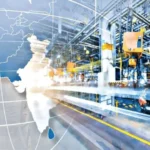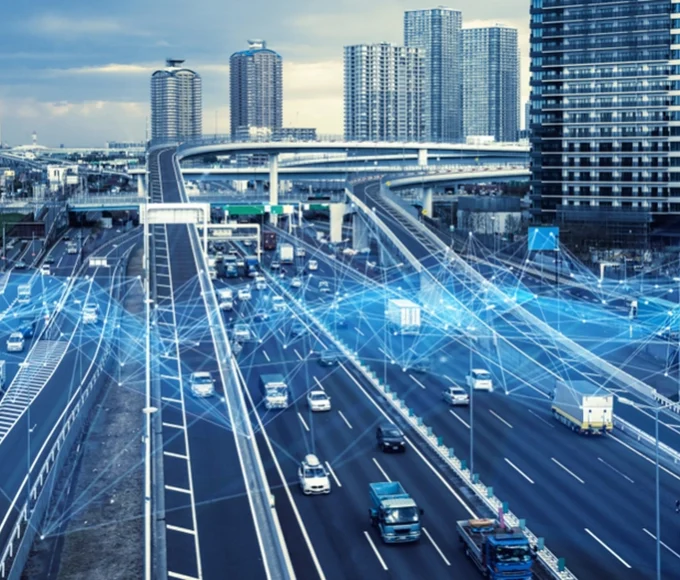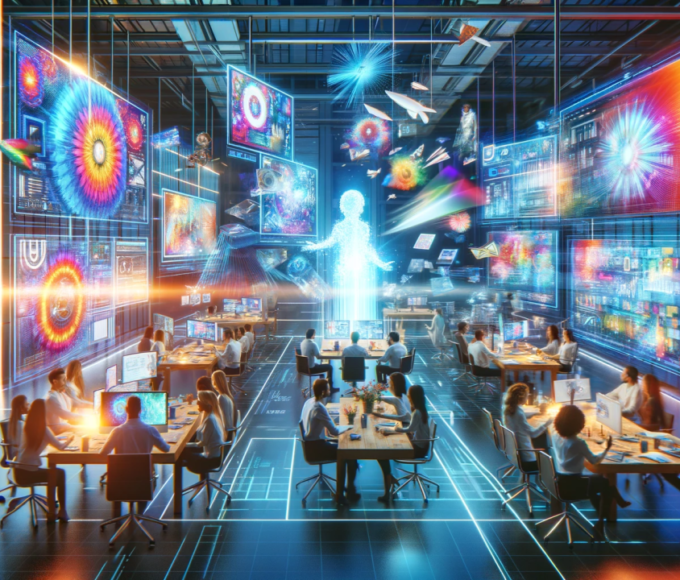In recent years, India has witnessed a profound transformation in its economic landscape, driven in part by the advent of Artificial Intelligence (AI). As the fourth industrial revolution unfolds, the integration of AI technologies has sparked both excitement and concern, particularly regarding their impact on the job market. This article delves into the multifaceted effects of AI on employment in India, examining how this technological evolution is reshaping industries, job roles, and the overall employment scenario.
Automation and Job Displacement:
One of the primary concerns surrounding the integration of AI is the potential displacement of jobs. Routine, repetitive tasks in industries such as manufacturing, customer service, and data entry are increasingly being automated, leading to a shift in the skills demanded by the job market. This automation can result in job losses in certain sectors, posing a challenge for workers whose skills become obsolete.
Skill Evolution and Reskilling Initiatives:
As AI transforms the nature of work, there is a growing emphasis on the need for continuous learning and upskilling. The demand for skills in areas such as data science, machine learning, and AI itself is rising. Governments, educational institutions, and businesses are recognizing the urgency of reskilling the workforce to align with the evolving demands of the job market. Initiatives like the Skill India campaign aim to equip workers with the skills required in the age of AI.
Emergence of New Job Roles:
While AI may displace certain jobs, it also creates new opportunities. The development and implementation of AI systems necessitate skilled professionals to design, develop, and maintain these technologies. Roles such as AI specialists, data scientists, and machine learning engineers are becoming increasingly vital. The job market is evolving to accommodate those who can harness the power of AI to drive innovation.
AI in Traditional Industries:
Even traditional industries like agriculture and healthcare are experiencing the impact of AI. Precision agriculture, enabled by AI technologies, is improving crop yields and resource utilization. In healthcare, AI is aiding in diagnostics, personalized medicine, and patient care. While this brings efficiency and advancements, it also demands a workforce equipped to integrate and manage these technologies.
Global Competitiveness:
AI adoption is not limited to domestic considerations. As India aims to be a global economic player, the incorporation of AI becomes crucial for maintaining competitiveness on the international stage. Countries that successfully integrate AI into their industries are likely to experience economic growth and attract investments.
Social Implications:
The impact of AI extends beyond economic dimensions. Societal considerations, such as the ethical use of AI, job security, and inclusivity, come into play. Striking a balance between technological advancement and the well-being of the workforce requires thoughtful policy frameworks and a collaborative effort from all stakeholders.
The impact of AI on India’s job market is a complex and dynamic phenomenon. While there are concerns about job displacement, there is an equal, if not greater, potential for job creation and economic growth. The key lies in proactively addressing the challenges posed by AI, such as reskilling the workforce, fostering innovation, and ensuring ethical AI practices.
By embracing the transformative power of AI and navigating these challenges, India can position itself at the forefront of the global digital economy, ensuring a prosperous and sustainable future for its workforce.















Leave a comment